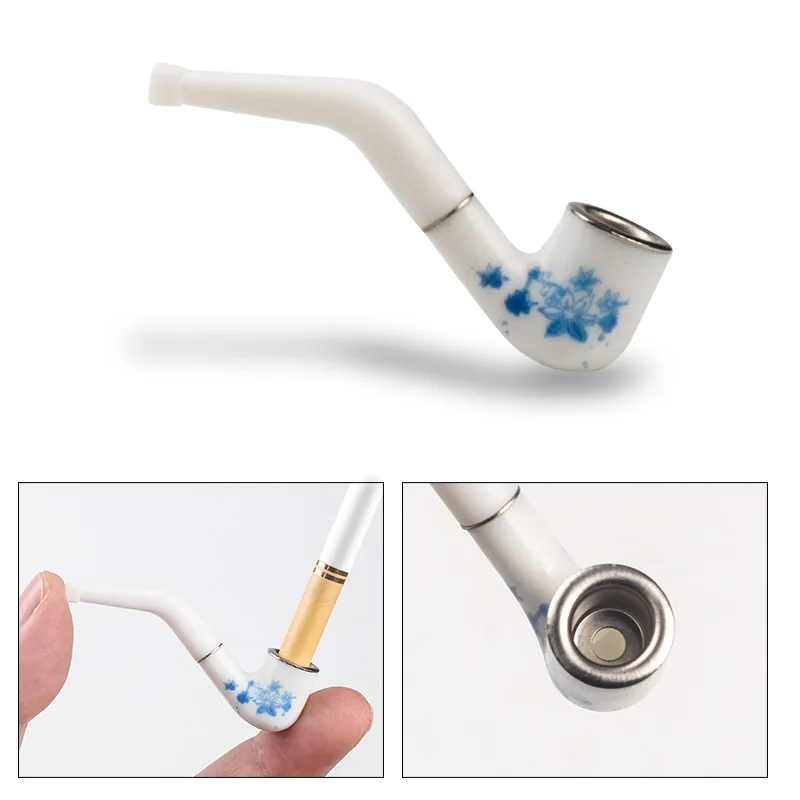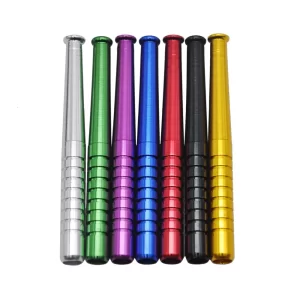
Post-harvest can often feel like a bottleneck. But for JJ Fabian, Director of Business Development and Sales at Eteros, it’s where true innovation begins.
“When we started in 2016,” said Fabian, “the cannabis automation space was new, and early machines didn’t seem to match the needs of processors demanding both high quality and high volume outputs.”
Mobius, the equipment line developed by Eteros, emerged out of that gap. Founder Aaron McKellar brought his background in custom marine fabrication to cannabis, marrying engineering with the nuanced needs of flower processing. From the beginning, the team at Mobius didn’t just build machines—they redesigned entire systems from the ground up.
Beyond the Trimmer
That rethink has since evolved into a full suite of machines: buckers, trimmers, sorters, conveyors, and millers that are increasingly being adopted not as standalone pieces, but as integrated systems.
“As more and more cultivators adopt automated processing,” said Fabian, “it becomes apparent that a fully integrated system is more efficient and streamlined than manual methods or standalone machines.”
The shift in mindset comes with experience. Operators who once relied on hand-trimming are confronting real-world limitations: labor shortages, inconsistent output, downtime. Mobius’ automation suite, according to Fabian, not only reduces touchpoints—protecting delicate trichomes and terpene profiles—but also stabilizes operations for extraction, pre-rolls, and commercial hash production.
“There’s this misconception,” Fabian said, “that consumers prefer hand-trimmed flower. But the market’s changed. What people really care about is quality, and our testing shows Mobius-trimmed flower retains more overall cannabinoids and terpenes than hand-trimmed.”
Scaling Without Stumbling

Still, many cultivators struggle with when and how to scale. Fabian notes that bottlenecks aren’t always obvious until throughput is under pressure.
“Bucking can cause a hold in production when the volume of flower waiting to be bucked is more than what is ready to be trimmed. Maintaining a proper material flow will make all the difference.”
To help clients better understand their needs, Mobius introduced an ROI calculator, a planning tool that compares the cost of manual versus automated processing over time. It’s a small piece of a larger strategy: helping operators think long-term.
That approach is mirrored in Mobius’ design philosophy. Machines are built in North America with durability and maintainability in mind. “For sustainability,” Fabian said, “that means maintaining the equipment you have instead of needing to replace full machines and systems.”
Also Read: Shakecoin Turns Cannabis Crumbs Into the New Gold Standard
The Next Generation
The company’s investment in R&D shows no signs of slowing. In 2025, Mobius launched the T-Line dry trimmer series for small- to mid-sized operators and introduced the MD48, a high-throughput dry trimmer with an oscillating tumbler and auto-tensioning system. Looking ahead to 2026, Fabian teased the M108X: a next-gen wet/dry trimmer made entirely of stainless steel, featuring a touchscreen interface and upgraded vacuum.
But technology alone isn’t the story. The Mobius team continues to invest in what they call “post-harvest intelligence”—a blend of facility design, workflow optimization, and real-world testing.
“We’re not just dropping off a machine,” said Fabian. “Our Automation Specialists work side by side with processors to make sure their systems evolve as they grow.”






























